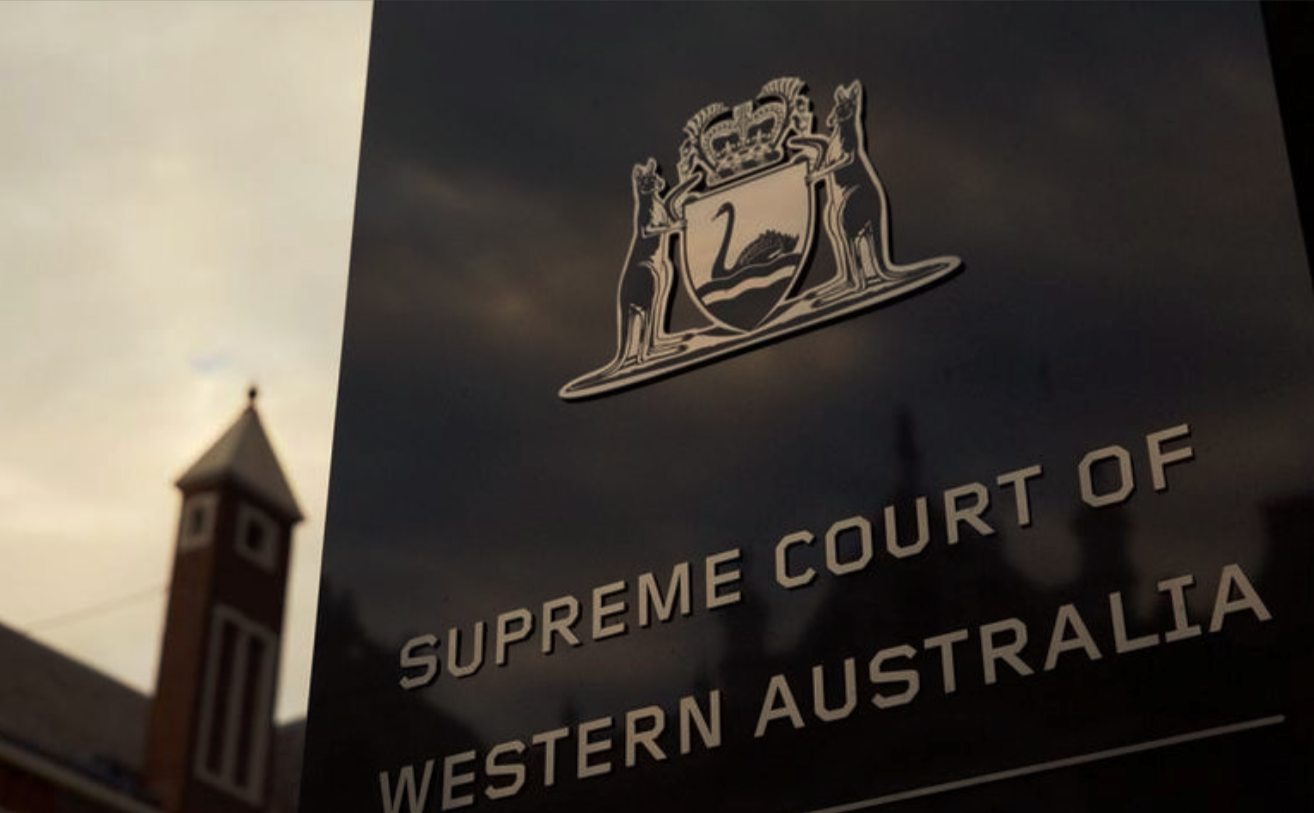There exists a mechanism to uplift a matter to the Supreme Court of Western Australia from the
Magistrates court to an aggrieved litigant.
MAGISTRATES COURT ACT 2004 - SECT 36
36 . Supreme Court’s powers to control Court
(1) If a person is or would be aggrieved by one or more of the following —
(a) the failure of a Court officer to do any act or make any order or direction —
(i) on the ground that the officer is under a duty to do the act or make the order or direction; or
(ii) on any ground that might have justified an order of mandamus;
(b) an act, order or direction that a Court officer proposes to do or make —
(i) on the ground that it would be without jurisdiction or power or would be an abuse of process; or
(ii) on any ground that might have justified an order of prohibition;
(c) an act, order or direction done or made by a Court officer —
(i) on the ground that it was done or made without jurisdiction or power or is an abuse of process; or
(ii) on any ground that might have justified an order of certiorari,
the person may apply to the Supreme Court for an order (a review order ) that requires the Court officer and any person who will be affected by the act, order or direction to satisfy the Supreme Court at a hearing that the act, order or direction should or should not be done or made or set aside, as the case requires.
(2) The procedure for making, and in relation to, an application under subsection (1) is to be prescribed by rules of court of the Supreme Court.
(3) On an application made under subsection (1) and rules of court of the Supreme Court, the Supreme Court may make any review order that is just, whether it has been applied for or not.
(4) If at the hearing required by a review order the Supreme Court is not satisfied in accordance with the review order, or if it is just to do so, it may —
(a) order that the act, order or direction be or not be done or made or set aside, as the case requires;
(b) grant any relief or remedy that could have been granted by way of a writ of mandamus, prohibition or certiorari;
(c) make any necessary consequential orders.
(5) On an application made under subsection (1) in respect of an act, order or direction, the Supreme Court may —
(a) if it considers that an appeal lies under the Criminal Appeals Act 2004 in respect of the act, order or direction, order the application to be treated as if it were such an appeal and deal with the matter accordingly;
(b) if it considers that an appeal lies under the Magistrates Court (Civil Proceedings) Act 2004 in respect of the act, order or direction, order the application to be treated as if it were such an appeal and remit the matter to the District Court to be dealt with accordingly.
(6) When dealing with an appeal under the Criminal Appeals Act 2004 the Supreme Court may make a review order and, if it does, may also make an order under subsection (4).
(7) If, when dealing with an appeal under the Magistrates Court (Civil Proceedings) Act 2004 , the District Court considers that a review order ought to be made it may —
(a) remit the appeal to the Supreme Court under the District Court of Western Australia Act 1969 section 77; or
(b) adjourn the appeal to enable an application to be made to the Supreme Court —
(i) under subsection (1); or
(ii) under the District Court of Western Australia Act 1969 section 76.
(8) A Court officer, on being served with an order made under subsection (4), must obey the order.
14 pages.
33 pages.
If you can spare a few dollars for the creators of this website to continue their research to bring you more great content, any amount, no matter how great or small, would be greatly appreciated.
